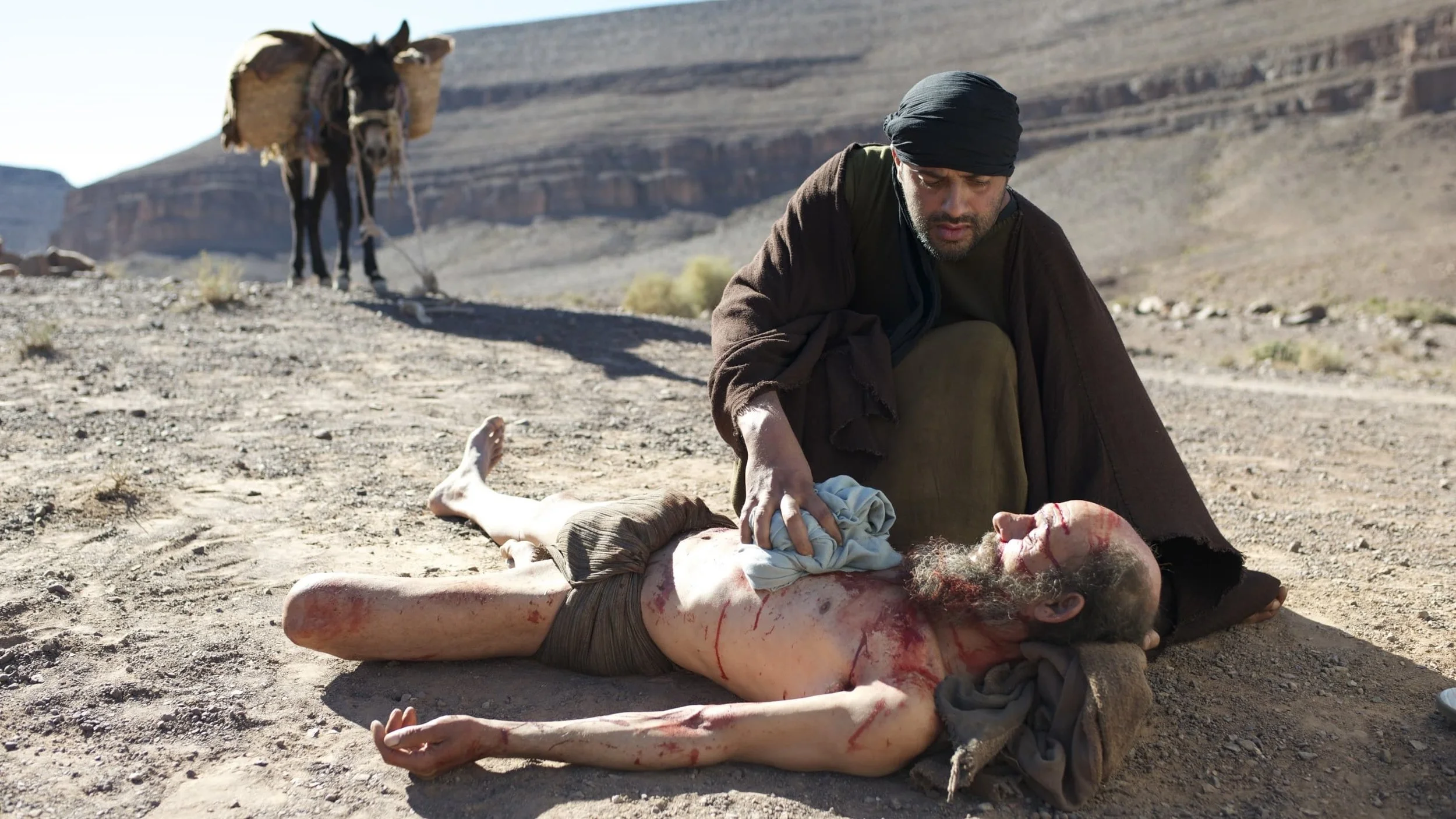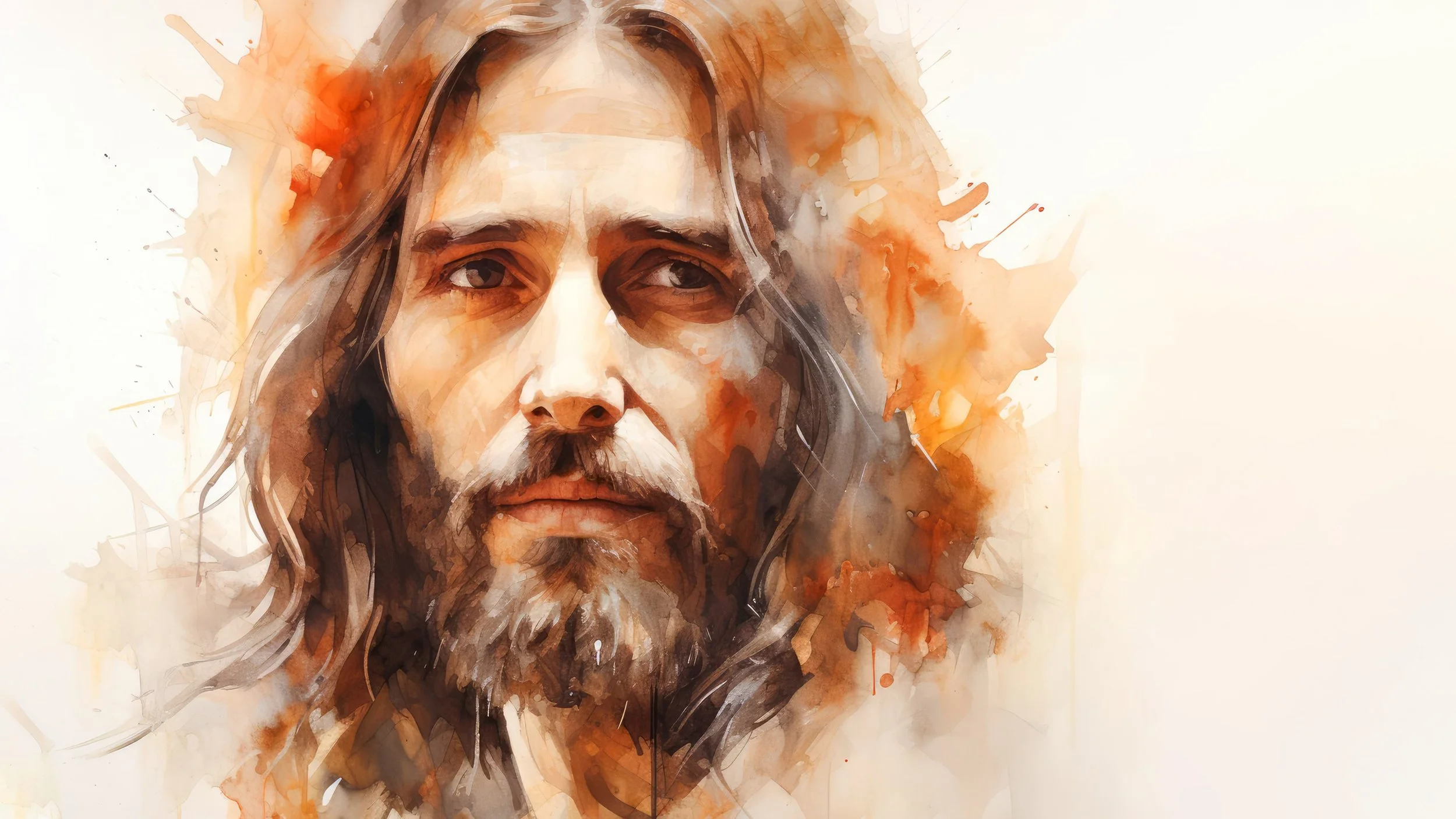If you would prefer to listen to this post as a podcast, CLICK HERE.
Introduction to this post:
This is the third of this year’s weekly Advent posts. Those of you who have followed the blog for more than a year know that it is my annual practice to post a weekly story for the season of Advent about the incarnational birth of Jesus. My hope is that the stories have become a part of your Advent tradition as you remember and celebrate the Good News of the advent of our Lord and Savior.
This year’s posts are as follows:
Week #1 - November 27th: O Come, O Come, Emmanuel (Joseph’s Story)
Week #2 - December 4th: Away in a Manger (Achim’s Story)
This week – December 11th: Silent Night (Moshe’s Story)
December 18th: We Three Kings (Balthazar’s Story)
* * * * *
I am a shepherd named Moshe.










